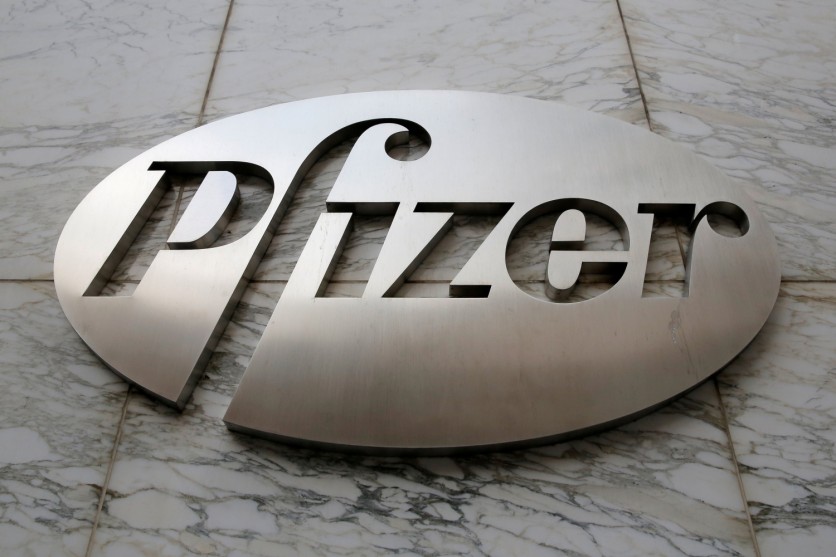To fight the coronavirus pandemic, Pfizer Inc. said it could roll out a vaccine ready for emergency use through the fall, according to a report. The pharmaceutical company is joining several other corporations to accelerate the timetable for clinical trials and that a vaccine ready for emergency use during the season.

Pfizer said Tuesday, Apr. 28, it would start testing its experimental vaccine in the United States as early as next week. On Monday, Apr. 27, Oxford University researchers said their vaccine candidate should be available for emergency use as early as September if it passes muster in studies. Biotech Moderna Inc. said it was preparing to go into its vaccine into the second phase of human trials.
Johnson & Johnson announced earlier this month it shaved months off the standard timelines for developing a vaccine. The company expects to begin human tests of a coronavirus candidate as quickly as September, with possible availability on an emergency-use in early 2021.
ALSO READ : COVID-19 Update: Coronavirus Vaccine Makers Ask Government's Help to Make Millions of Doses by September
Pfizer Chief Executive Officer Albert Bourla said Tuesday a coronavirus vaccine for emergency use may be ready by autumn and for broader roll out by the end of 2020. Pfizer said human tests will not get underway until August.
Speaking to The Wall Street Journal, CEO Bourla stated: "This is a crisis right now, and a solution is desperately needed by all."
Making a vaccine takes years, experts say
The experimental vaccines nevertheless face a gauntlet of testing to make sure they work safely, which can derail efforts.
Many promising drugs and vaccines wind up faltering for the duration of rounds of research. The standard vaccine takes about 10.7 years to develop from its preclinical section. According to a study published by PLOS ONE, an average vaccine from the preclinical phase requires a development timeline of 10.71 years. The study added vaccines have a market entry probability of 6 percent.
Adding to the capacity obstacles, researchers say, is the fast-transferring nature of the virus and measures to restrict its spread. They have complicated efforts to set up a few studies and discover patients for research, delaying efforts, and even last some trials.
Yet research right into a coronavirus vaccine has moved at a remarkably rapid clip, infectious-disease experts say.
Walter Orenstein, associate director of the Emory Vaccine Center in Atlanta, told The Journal he's not aware of any vaccine that's been developed after a year to a year-and-a-half. He added identifying the pathogen takes years.
"People are moving very, very quickly with this," he added.
ALSO READ : COVID-19 Update: U.S. Scientists, Billionaires 'Secretly Pushing a Project' vs. Coronavirus
Are there other ways to flatten the curve aside from a vaccine?
While many factors to a vaccine as the surest route to go back normal, public health experts see another way that's no less daunting. Millions of extra tests, 100,000 or more medical experts to track and isolate those uncovered to COVID-19 and a seamless information network to coordinate the effort are needed.
Fox News reported some U.S. States are starting to ease regulations imposed since the coronavirus pandemic.
Still, the numerous plans display that "normal" is a long way off. Among the states with aggressive plans to reopen agencies is Georgia, in which officials on Tuesday reported the death toll had reached 1,000 people.
The New York Times said The Centers for Disease Control and Prevention (CDC) had compiled draft guidelines to help groups and organizations reopen. These include companies closing wreck rooms, restaurants having disposable menus and plates, and schoolchildren eating lunch in the classrooms.
ⓒ 2026 TECHTIMES.com All rights reserved. Do not reproduce without permission.




